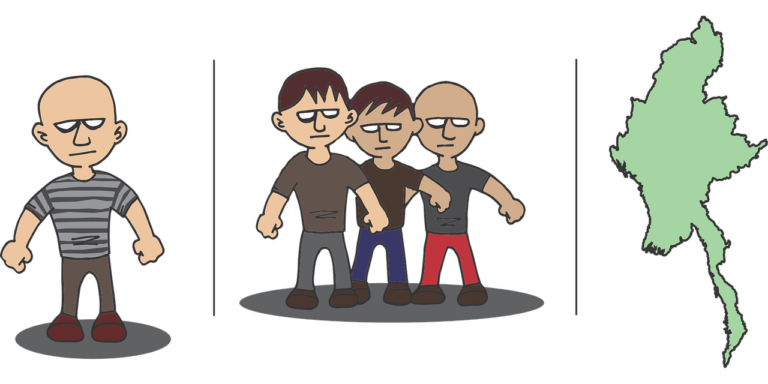
Geneva: The overall risk related to the new SARS-CoV-2 Omicron variant remains very high, the World Health Organization stated here today. According to the latest WHO update released today, consistent evidence shows that the Omicron variant has a growth advantage over the Delta variant with a doubling time of 2-3 days and rapid increases in the incidence of cases is seen in a number of countries, including those where the variant has become the dominant SARS-CoV-2 variant, such as the United Kingdom and the United States of America.
However, a decline in the incidence of cases has now been observed in South Africa. WHO stated that the rapid growth rate is likely to be a combination of both immune evasion and intrinsic increased transmissibility of the Omicron variant.
Early data from the United Kingdom, South Africa and Denmark suggests there is a reduced risk of hospitalization for the Omicron compared to the Delta variant, however, further data are needed to understand the clinical markers of severity including the use of oxygen, mechanical ventilation and death, and how severity may be impacted by vaccination and/or prior SARS- CoV-2 infection.
Also read:
- COVID in India: 653 Omicron cases reported from 21 states
- Omicron scare: Night curfew returns in many states ahead of festivities
- Two doses of AstraZeneca-Vaxzevria not effective for Omicron, says study
- As Omicron spreads to 77 countries, WHO says it may be in many more
It is also expected that corticosteroids and interleukin 6 receptor blockers will remain effective in the management of patients with severe disease, however, preliminary data suggest that monoclonal antibodies may be less able to neutralize the Omicron variant.
Reassuringly, preliminary data suggests testing using either PCR or antigen-based rapid diagnostic tests (Ag-RDT) assays does not appear to be impacted by the Omicron variant.
Earlier in the update published on December 23, 2021 by WHO, the Omicron variant had been identified in 110 countries.
– global bihari bureau





